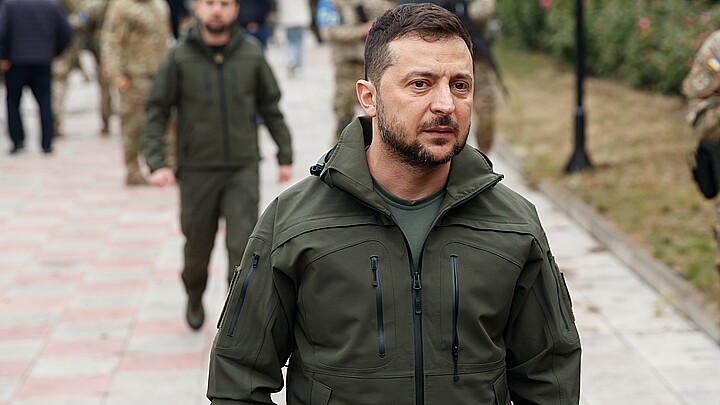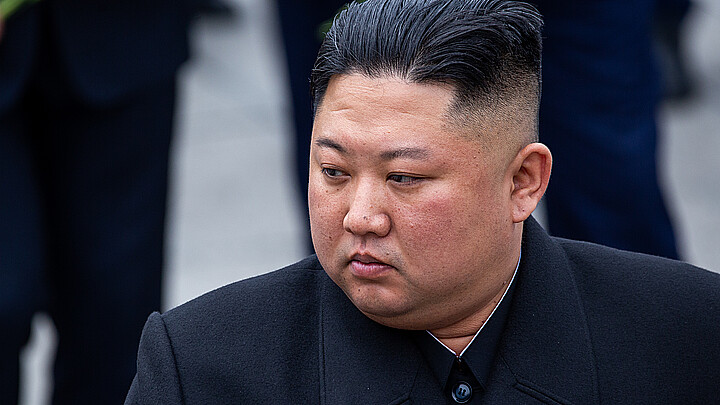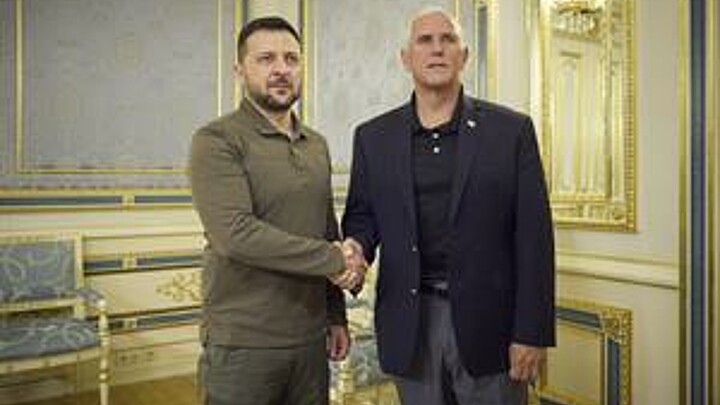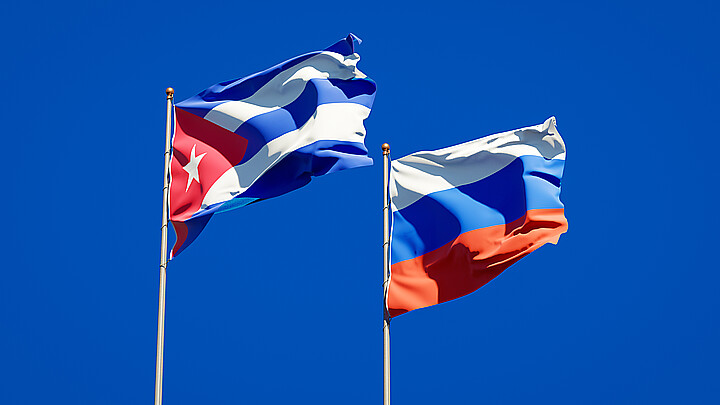Politics
Russia says it does not want war in Europe, but warns of Western escalation in Ukraine
"If you are worried about the prospect of war in Europe - we do not want that at all. But I draw your attention to the fact that it is the West that is constantly and persistently saying that in this situation, it is necessary to defeat Russia. Draw your own conclusions," Lavrov said
May 11, 2022 9:09am
Updated: May 11, 2022 9:38am
Although Russian President Vladimir Putin failed to deliver a “Doomsday” message to the West during Monday’s Victory Day celebration, Russian officials have said that Western provocations are bringing the prospect of war in Europe ever closer.
Russian Foreign Minister Sergei Lavrov said on Wednesday that although the Kremlin did not want war in Europe, Western countries were open about their desire to see Russia defeated in Ukraine, Reuters reported.
"If you are worried about the prospect of war in Europe - we do not want that at all," Lavrov said at a news conference in Muscat.
"But I draw your attention to the fact that it is the West that is constantly and persistently saying that in this situation, it is necessary to defeat Russia. Draw your own conclusions."
Moscow did not want war in Europe, but that Western countries were keen to see Russia defeated in its military campaign in Ukraine.
Lavrov’s deputy, Alexander Grushko, on Tuesday affirmed that protocols for the possible use of nuclear weapons are clearly established in the Kremlin’s military doctrine – further pressing past Russian threats of nuclear mobilization.
"We have a military doctrine - everything is written there," Alexander Grushko was reported saying by RIA.
On Monday, Russia celebrated Victory Day, marking the anniversary of the Soviet Union’s victory over Nazi Germany during World War II.
Although Russian President Vladimir Putin was expected to deliver a “doomsday” warning to the West during Monday morning’s Victory Day celebrations on Red Square, his audiences instead heard yet another speech justifying Russia’s illegal invasion of Ukraine.
While this year’s parade featured less troops and military hardware than previous years, marching soldiers, tanks and missiles could still be seen rumbling down Red Square’s cobblestone streets.
In the weeks leading up to Putin’s speech, Western leaders openly speculated that the Russian leader could either declare a victory in Ukraine or formally escalate hostilities in order to justify a national mobilization.
On Monday, however, he did neither – instead repeating assertions that Russia is in a battle against Nazis, Reuters reported.
"You are fighting for the Motherland, for its future, so that no one forgets the lessons of World War Two. So that there is no place in the world for executioners, castigators and Nazis," Putin said from the tribune outside the Kremlin walls.
Western military experts – many of whom once believed Russia’s assault would bring down Ukraine in a matter of days – now say that the Kremlin is running out of troops and could require a full declaration of war in order for Putin to activate reservists and send conscripts.
"What rhetoric Putin used in his speech is immaterial. If he didn't declare war, or a general mobilization, that's what (is) important," tweeted Phillips O'Brien, a professor of strategic studies at Britain's University of St Andrews.
"Without concrete steps to build a new force, Russia can't fight a long war, and the clock starts ticking on the failure of their army in Ukraine."
Ukrainian President Volodymyr Zelenskiy, in his own speech, promised his countrymen that they would be victorious over the invading forces.
"On the Day of Victory over Nazism, we are fighting for a new victory. The road to it is difficult, but we have no doubt that we will win," he said.










